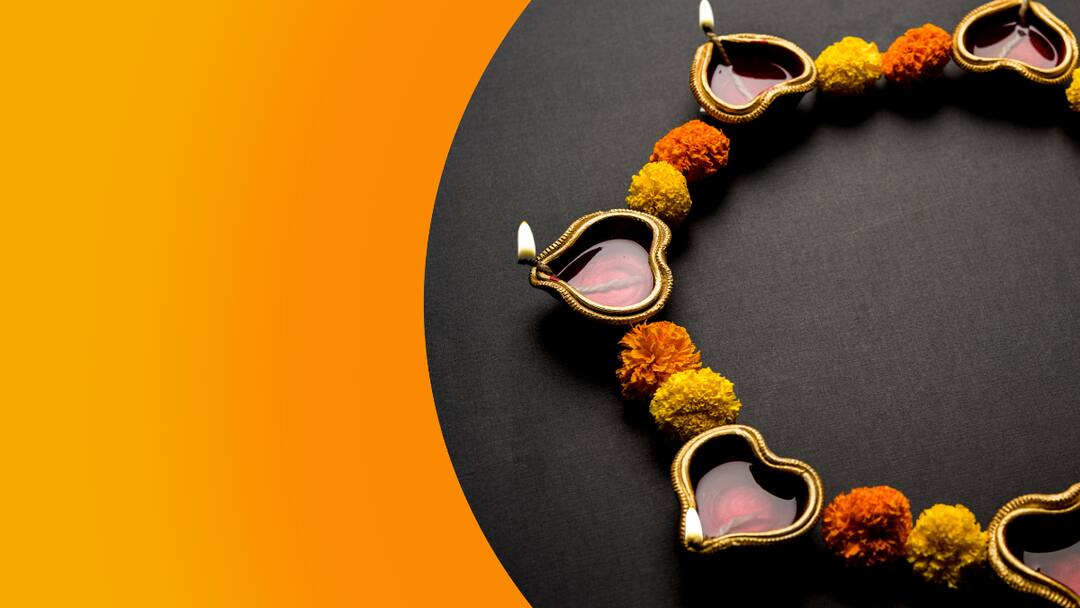Kharmas 2024: Auspicious Work To Be On Hold From Tomorrow — Know From When Will It Resume
The month of Kharmas is considered inauspicious. During this period, there are no auspicious muhurats for rituals such as weddings, housewarming ceremonies, or mundan.

According to ancient scriptures, the period of Kharmas is considered inauspicious for performing any auspicious work. However, it is believed that activities like prayers, donations, and shopping can still be done during this time. There are even auspicious muhurats for shopping, and one can donate to the needy according to their faith on any given day.
Kharmas begins when the Sun transitions from Scorpio to Sagittarius, which is expected to happen on December 15, 2024, at 10:19 PM. This period will last until January 14, 2025, when the Sun enters Capricorn, marking the end of Kharmas. During this one-month span, performing auspicious rituals or ceremonies is avoided.
ALSO READ: MahaKumbh 2025: What Is Its Connection With Samundra Manthan — Know The History
Traditions During Kharmas:
Kharmas is a time traditionally associated with chanting mantras, donating, bathing in sacred rivers, and visiting pilgrimage sites. This is why a large number of people flock to holy rivers for baths, and the number of devotees in temples with mythological significance increases during this period.
The Sun enters the zodiac signs of Sagittarius and Pisces, ruled by Jupiter, twice a year, making Kharmas occur twice annually. The first period is from December 15 to January 14, and the second from March 15 to April 15. During these two months, when the Sun and Jupiter align, no auspicious work is performed, as this alignment is considered unfavorable.
Astrological Significance:
In astrology, the Sun's transition into Jupiter’s signs of Sagittarius and Pisces is believed to trigger Kharmas. According to the ancient text Jyotish Tattva Vivek, when the Sun resides in Jupiter's sign, or vice versa, this period is known as Gurvāditya, a time considered inauspicious for any significant work.
Religious Practices During Kharmas:
The tradition of performing religious activities like the recitation of the Shri Ram Katha, Bhagwat Katha, or Shiv Puran is encouraged during Kharmas. Devotees are advised to complete at least one scripture reading during this month, as it is believed to bring religious benefits and life lessons that can help overcome obstacles.
The Importance Of Donation In Kharmas:
Donating during Kharmas is considered as virtuous as bathing in sacred rivers. The period is ideal for performing vows, which are believed to yield limitless rewards, and for serving the needy, saints, and the suffering. Donations such as offering pooja items (kumkum, ghee, oil, abeer, flowers, diyas, incense sticks, etc.) at local temples are also part of the tradition.
Why Kharmas Is Inauspicious For Auspicious Activities:
The Sun, one of the most powerful deities in astrology, is believed to be less powerful during Kharmas because it is in the service of Jupiter. This results in both the Sun and Jupiter being in weaker positions, which is why the period is deemed unfavorable for weddings, housewarmings, and other auspicious ceremonies.
End Of Kharmas And Makar Sankranti:
Kharmas will end on January 14, 2025, with the Sun's entry into Capricorn, marking Makar Sankranti. This transition signifies the conclusion of the inauspicious period, and it is considered a time to resume auspicious activities.
[Disclaimer: The content of this article is based solely on beliefs, and should be taken as general guidance. Individual experiences may vary. ABPLive.com does not assert the accuracy or validity of any claims or information presented. It is strongly recommended to consult a qualified expert before considering or implementing any information or belief discussed herein.]






































